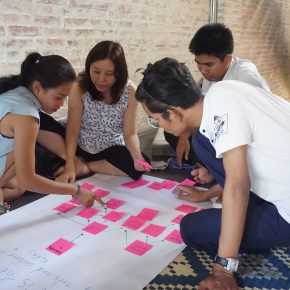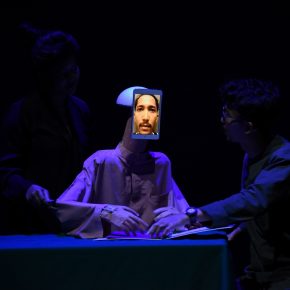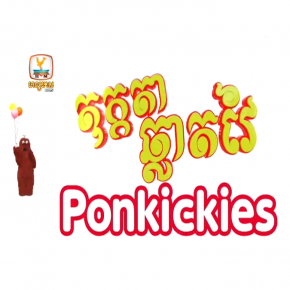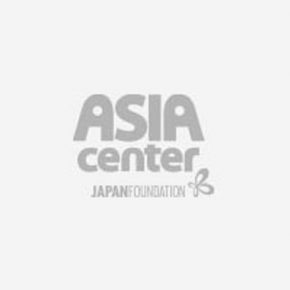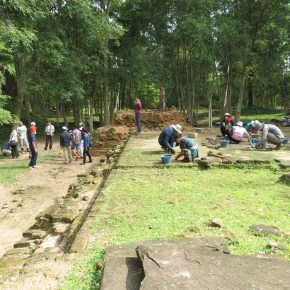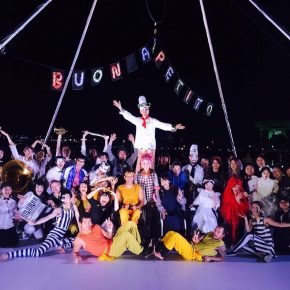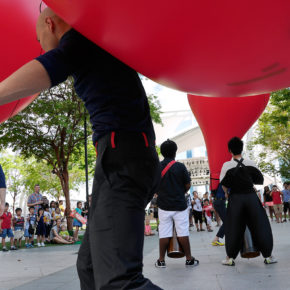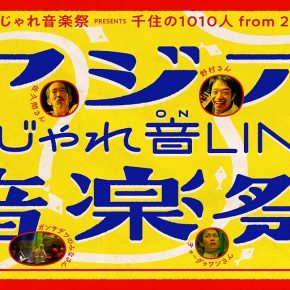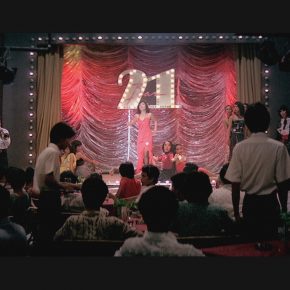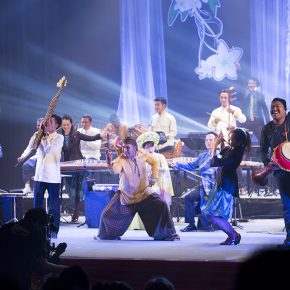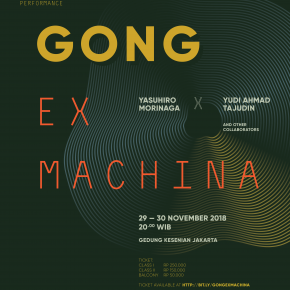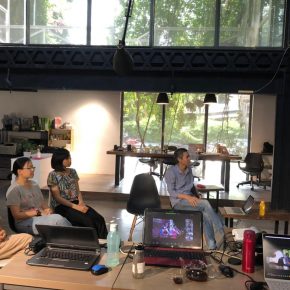Asia-Mekong Music Exchange consisted of three complementary project components to activate networks of musicians to jointly explore and re-contextualize intangible cultural heritage from the Mekong Region, Japan and wider Asia.
Ethno Cambodia brought together 31 emerging musicians from 10 countries to build respect and tolerance and preserve cultural heritage by ensuring that traditional music lives on within young people and is transmitted from generation to generation. The entire group conducted workshops to learn new material, arranged and rehearsed traditional songs selected by the participants, which were presented in two public performances to share the richness and diversity of Asian traditional music and the friendship and mutual understanding of its people.
REPfest – New Traditional Music Festival featured seven ensembles from Cambodia, Vietnam, Laos, Myanmar, Thailand and Japan. They did not only engage in public performances but also engaged in cross-cultural collaboration, hosted workshops about the musical and cultural specificities of their art forms and participated in public forums on self-expression of women artists in Asia and on regional music exchange. More than 1,800 people were attracted by this unique festival to celebrate contemporary interpretations and applications of traditional music in Japan and the Mekong Region.
With these two projects as case studies, two Research Residencies explored models of how cultural exchange and collaboration in Asia can be improved.
事業関連ウェブサイト(Ethno Cambodia) https://www.cambodianlivingarts.org/ethno-cambodia/
事業関連ウェブサイト(REPfest) https://www.cambodianlivingarts.org/repfest/
平成29年度実績 https://grant-fellowship-db.asiawa.jpf.go.jp/ja/grant/cc1706/
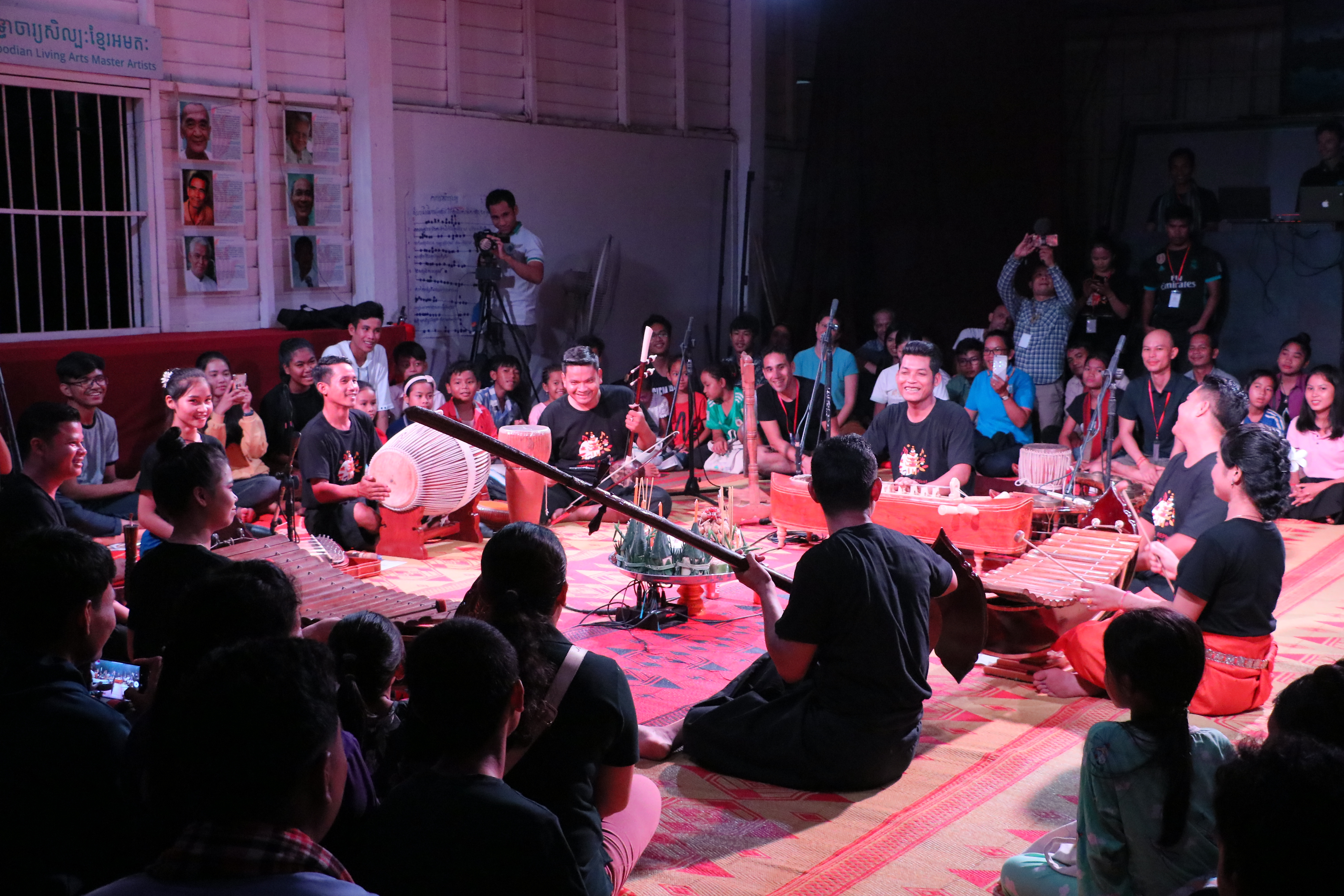
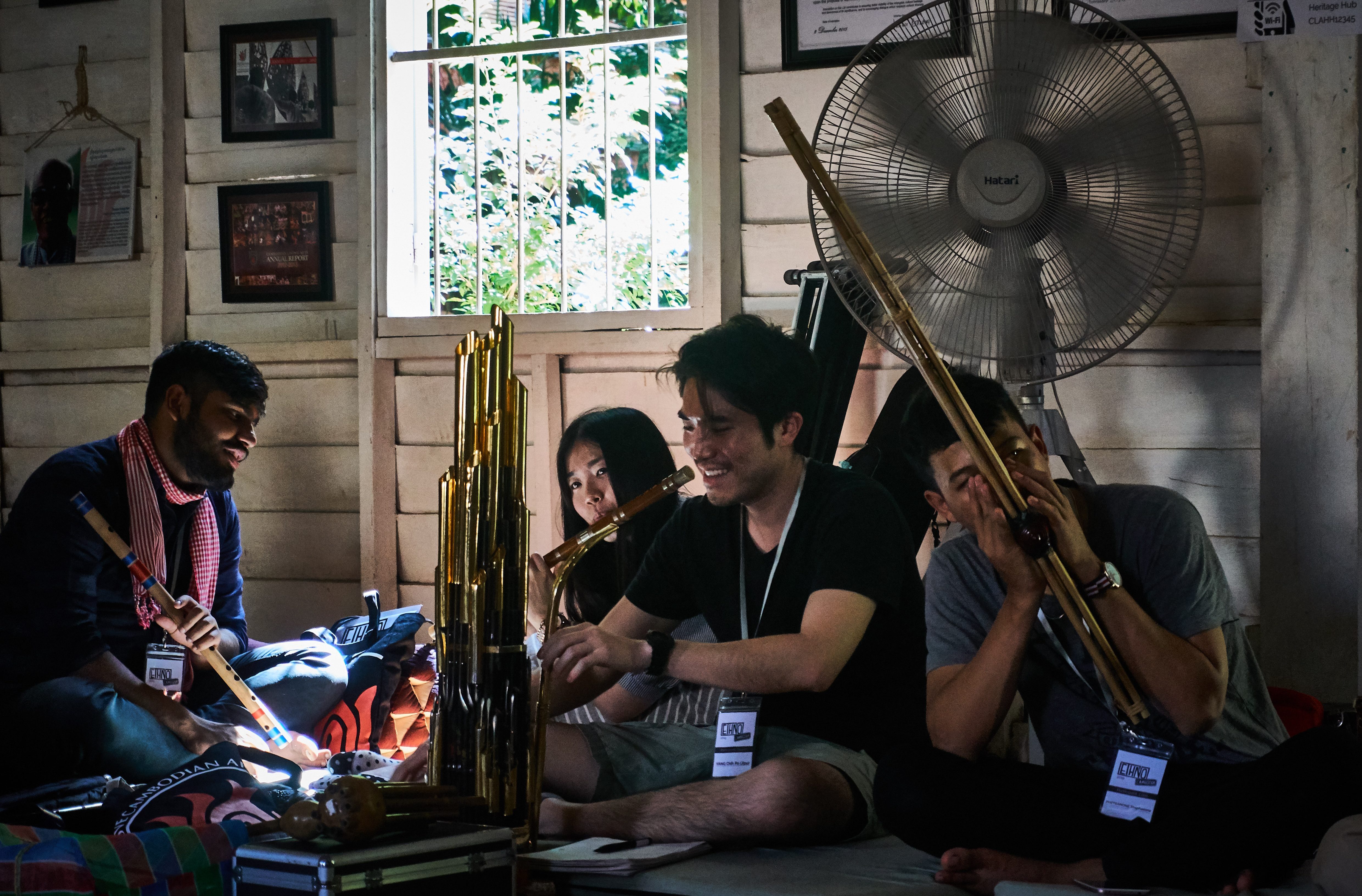
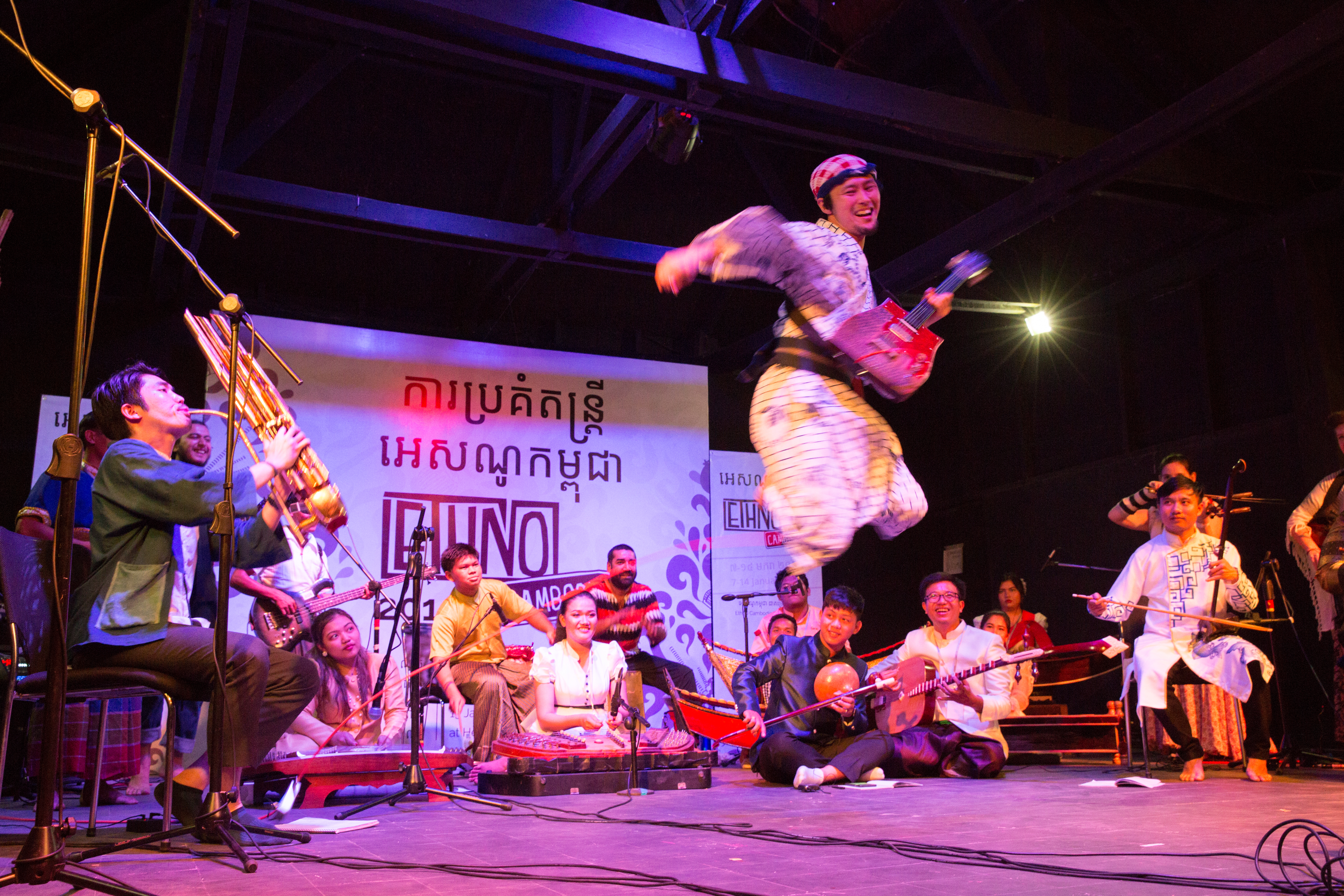
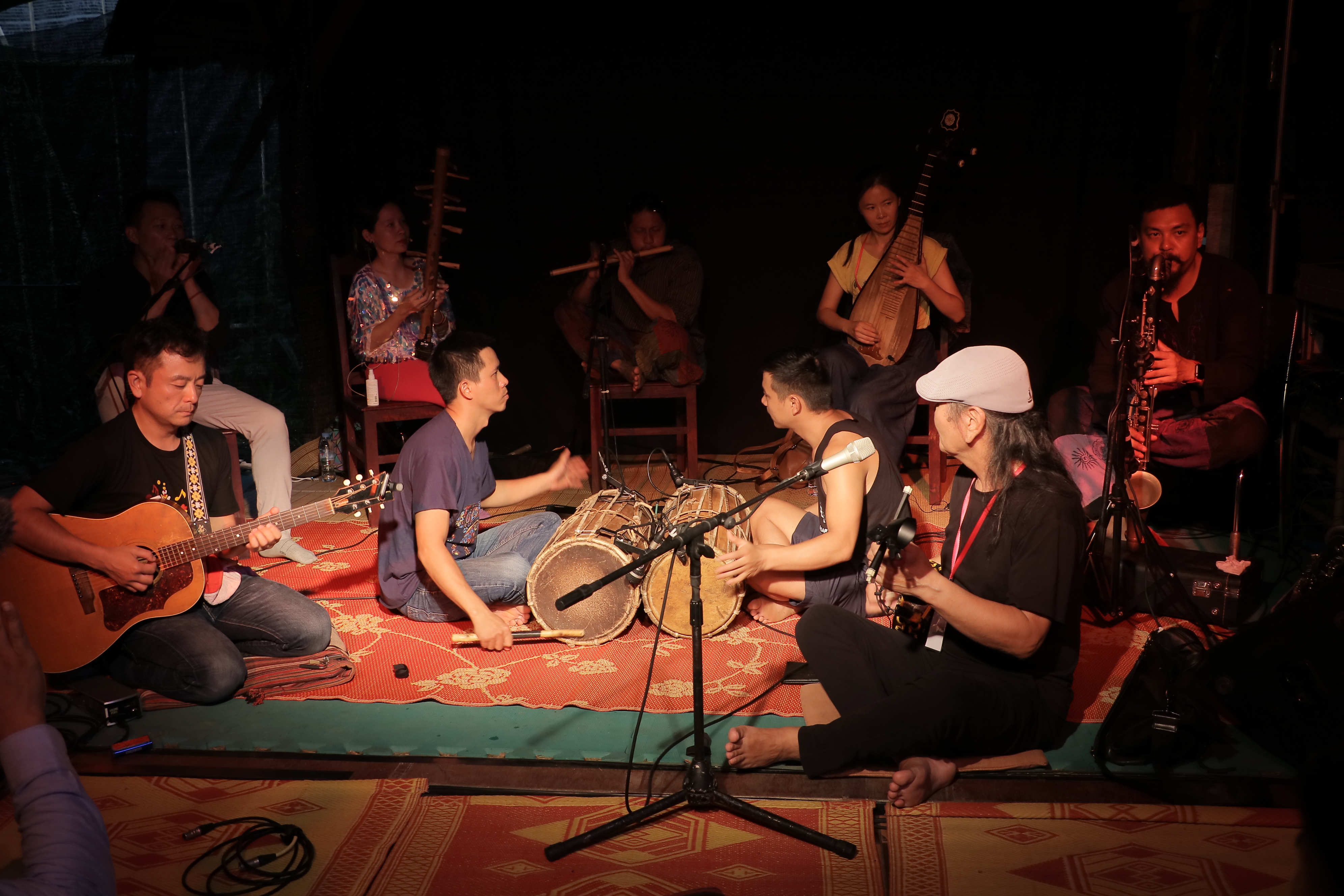
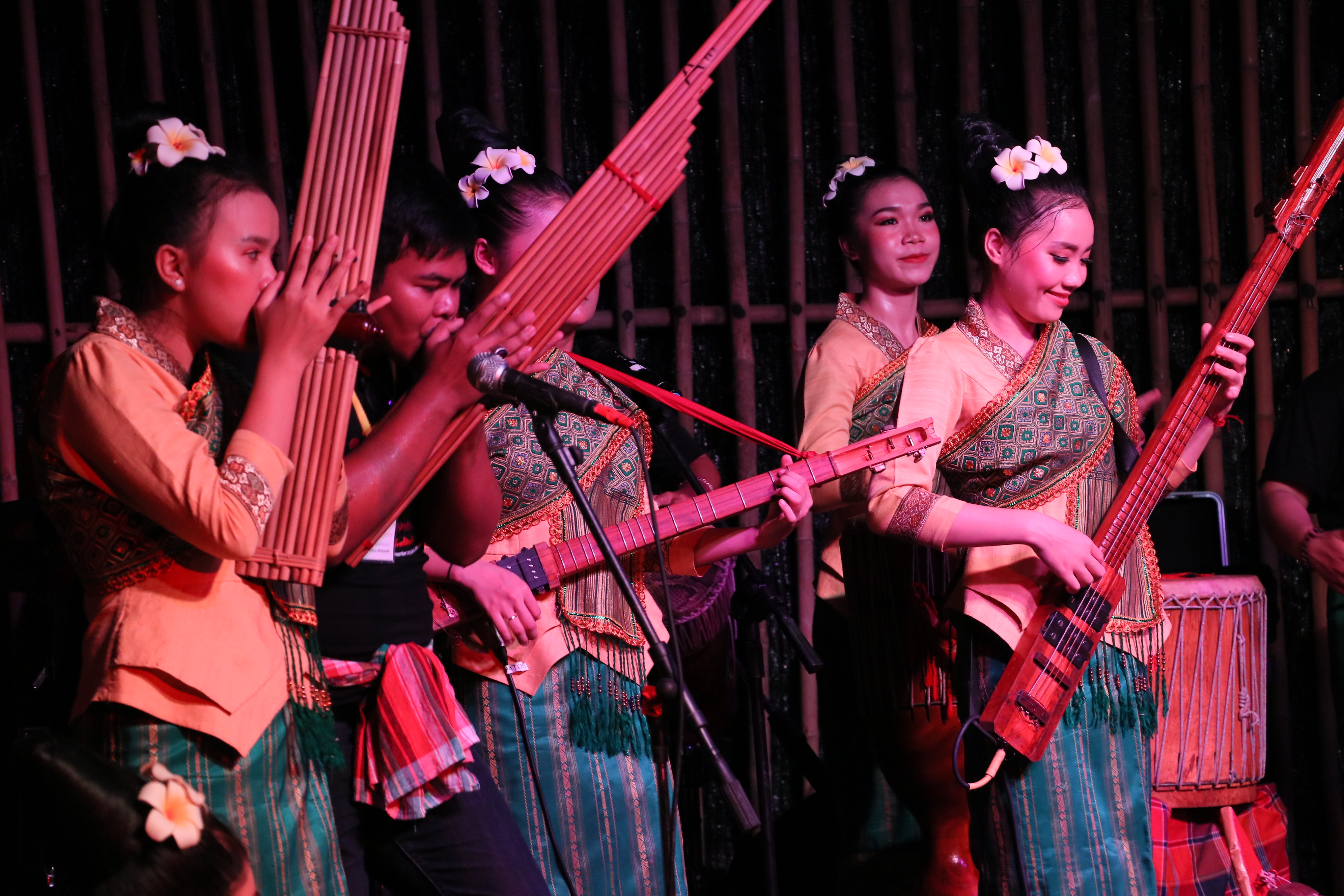
- 関連する国/地域
- 日本, インドネシア, タイ, ベトナム, カンボジア, ラオス, ミャンマー, インド, 台湾, スウェーデン, フランス
申請団体より
Cambodian Living Arts and Mekong Cultural Hub will build on the relationships and networks of cultural practitioners established during this project to further improve cultural exchange, artistic collaboration and cultural leadership in Southeast Asia and beyond. We are committed to preserve intangible cultural heritage, encourage contemporary expression and promote cultural diversity. This project has effectively demonstrated how important cultural dialogue about values, traditions and their contemporary applications are and how well-suited a medium music really is to encourage not only artists but also audiences to reflect upon diversity, shared values and role of arts and culture in processes of transformation.
Japan Foundation Asia Center plays a unique role as connector and strong advocate for cultural collaboration in the region and we hope you will continue to do so. There are few funders who are so strategically investing in Asia, and know Asia well to make these investments intentional and long-term.
